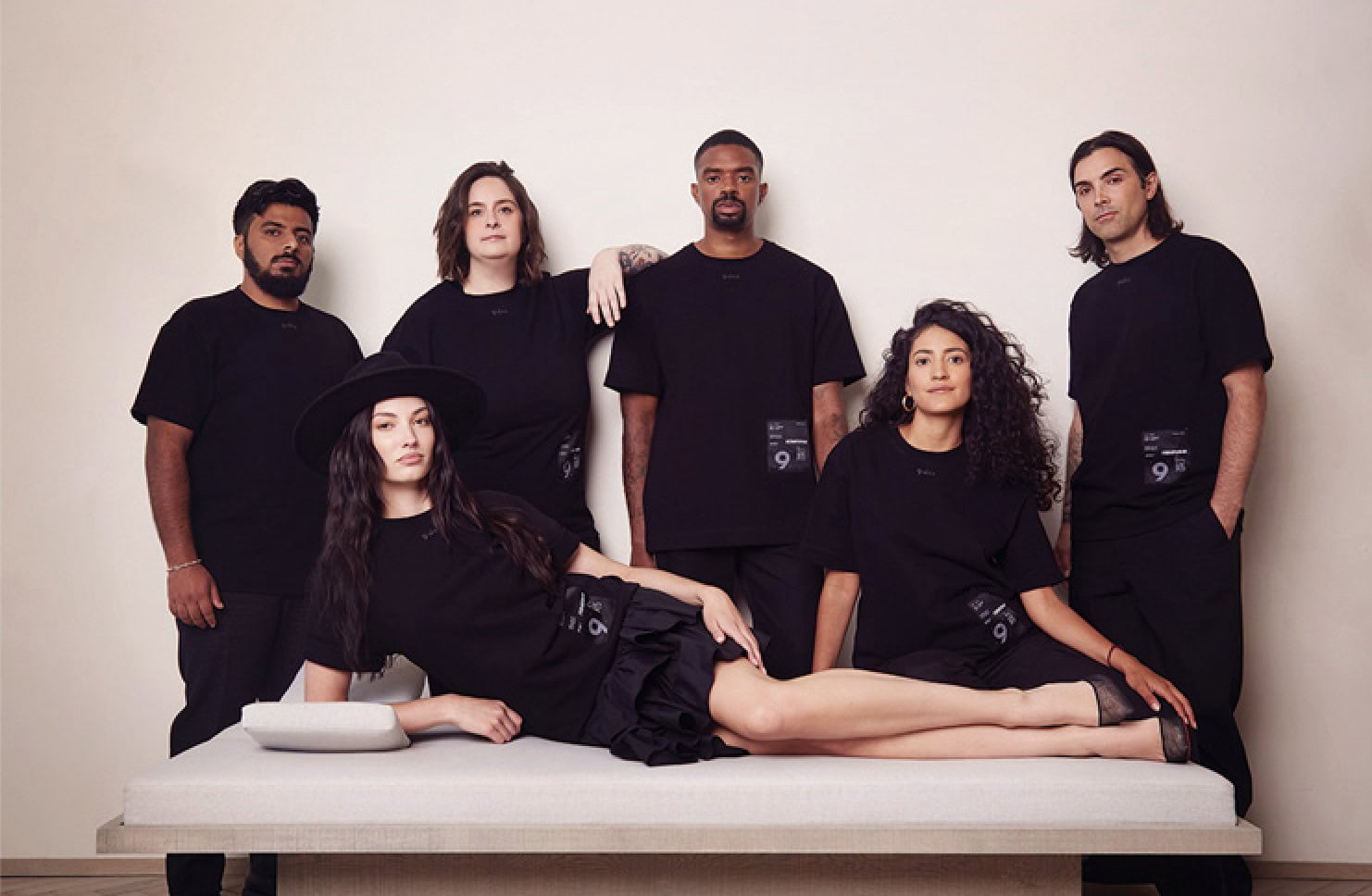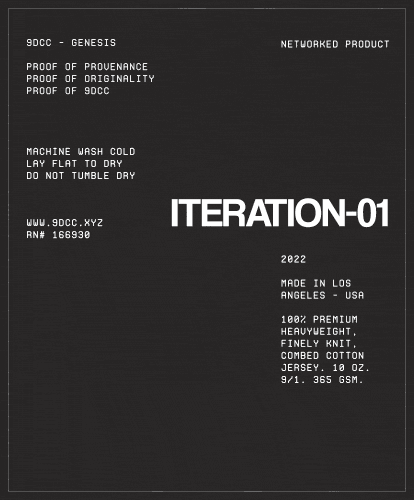Phygital has been a hot topic in Web3 lately, especially with fashion brands. Here’s a breakdown of what the term means and how it’s being used.
Let’s get phygital.
More specifically, let’s explain what this new term means and break down its applications (and its implications) in the world of Web3.
Fundamentally, Phygital is a word used to describe physical goods and experiences tied to digital assets. The term further bridges the gap between the physical and digital worlds, much like the broader Web3 community is working to do. It’s usually hard to track down how these words of the growing digital age are created, however.
Basic research regarding phygital’s origin as a concept leads to Momentum, an Australia-based creative advertising agency; the company copyrighted the term in 2013 (and once featured it in its official motto).
Critics might suggest that phygital is just another needlessly confusing marketing term, but Web3 brands such as Nike-owned RTFKT and the Deadfellaz NFT community have pushed the limits on what can be done when digital assets are tied to physical ones. In Web3, that digital asset is typically an NFT linked to something like apparel items or collectible figures.
The fashion industry is also staking its claim on phygital-ness (“phygitality”?) by using NFTs to help holders verify their ownership over physical items using blockchain technology. Phygital items can prove more than ownership but authenticity as well.
Phygital Examples
The work that’s being done in the phygital lane is already expansive, one recent and high-profile example being Tommy Hilfiger’s phygital fashion show during New York Fashion Week. The experience included a virtual show in the Roblox metaverse that featured avatars sporting his new collection and strutting through the streets of New York City just as IRL models did at the physical show. Roblox players were then able to purchase items from the collection digitally.
This is a surface-level way in which phygital-ness can be used in Web3, however — here are a few more examples of how brands are going phygital in deeper ways.
Deadfellaz
Deadfellaz, the gender-neutral NFT project that features green “undead” characters, partnered with denim brand Wrangler to develop a choose-your-own interactive storyline via Twitter. The initiative culminated with a digital comic strip that was linked to vintage Wrangler jeans equipped with a scannable chip that holds the story via an NFT.
That scannable chip is modeled after Deadfellaz’s logo. To give the phygital item even more exclusivity, Deadfellaz selected 13 winners who participated in the comic’s creation to receive a pair of Wrangler jeans.
RTFKT
When Nike brought virtual design studio RTKFT under its wing last year, it was clear the pair wanted to blend the physical and digital worlds. RTFKT created an NFT-forging system for its Clone X digital avatar project. “Forging” is a system that grants holders access to acquire digital and physical goods based on the NFTs they hold. Think of it as the verb that leads to phygital.
Following an NFT mint event, RTFKT shared a 60-piece lookbook loaded with hoodies, sneakers, jackets, hats, pants, socks, and more apparel for both Clone X NFT avatars and their holders to wear. RTFKT is also working on an exclusive physical Nike Air Force 1 drop after releasing 10 sneakers as digital wearables for its collectors.
Aside from socks and hats, all physical apparel items are stitched with near-field communication chips that can be scanned and linked with holders’ NFTs for exclusive access to RTFKT events and merchandise in the future.
Alo

Fashion and lifestyle brand Alo Yoga stepped into Web3 for the first time during New York Fashion Week when it debuted a new apparel collection equipped with a limited edition NFT authenticator. The NFTs affiliated with each clothing item grant holders access to VIP experiences including personalized shopping opportunities, Alo Wellness Clubs, and future virtual and in-person events.
9dcc

Web3 luxury fashion house 9dcc was created by NFT guru gmoney. He launched the brand early this year to show the world how easy it is to formalize the ownership of items using blockchain technology as a documentable avenue.
The brand’s inaugural NFT collection, ITERATION-01, features six looks from various models wearing 9dcc’s oversized black lux tee that dawns a blockchain-verifiable patch. Each NFT corresponds with a specific shirt size. Holders had to purchase an NFT before being airdropped a voucher granting them access to a physical t-shirt.

Gmoney and 9dcc are collaborating with generative art creator SnowFro for the brand’s ITERATION-02 drop.
Read More:
- The Bills’ Joe Brady Hire Shows Josh Allen Has NBA Superstar-Level Influence
- Shark Tank’s Barbara Corcoran Breaks Down Why Most Entrepreneurs Fail and the Best Way to Buy a House
- Teyana Taylor’s Harlem Roots Bloom in New Air Jordan 3
- The Box Office Lists Everyone Keeps Mixing Up, and What They Say About Modern Stardom
- The Most Unlikely Super Bowl Ever Was Built in Free Agency